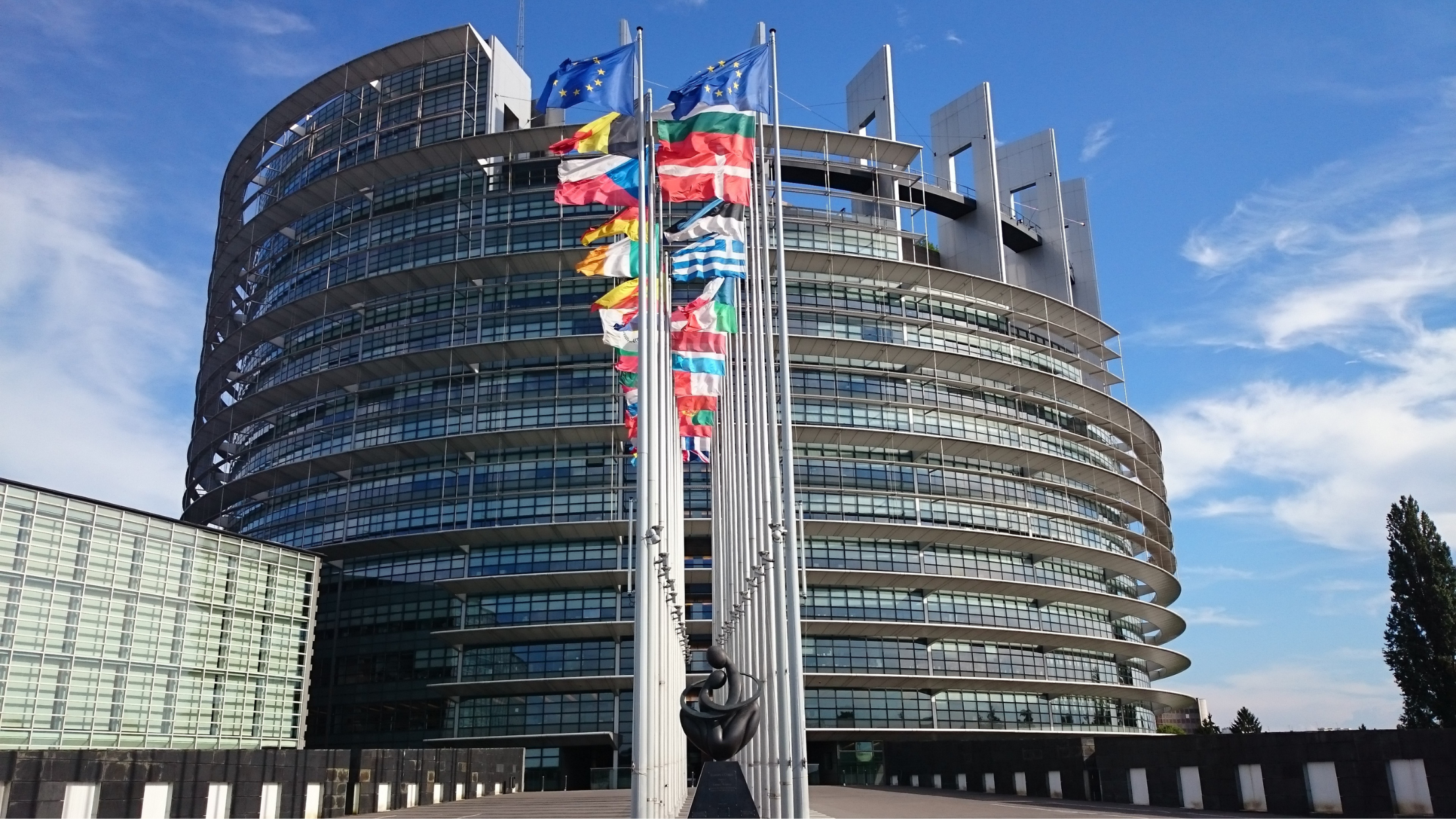As the European Parliament passed the EU Corporate Sustainability Reporting Directive (CSRD), various organizations have recognized that there’s a problem: The S in ESG is in danger of becoming lower-case. The reason? Credibility and measurability issues in the reporting of social impact.
Alongside the implementation of the CSRD, The European Financial Reporting Advisory Group (EFRAG) recently updated drafts of the EU Sustainability Reporting Standards (ESRS), a set of sector-specific, standardized ESG metrics which would instruct company reporting obligations under the CSRD.
Self reporting and voluntary standards have left concerns about ESG’s credibility unassuaged. The CSRD has raised the bar for compliance, and companies will have to respond accordingly. The CSRD will expand the scope of reporting obligations to 50,000 of Europe’s largest companies. It will introduce a mandatory audit and assurance regime to plug loopholes and address whitewashing. Most notably, the CSRD will follow the ESRS’ lead, specifying the disclosures that companies will need to make across a range of metrics, including social impact.
Worker engagement and effective grievance processes are fundamental to the measurement of social impact, and a key pillar of the ESRS’ disclosure requirements. New technological innovations in worker-centric human rights due diligence processes offer a solution to the puzzle of measuring social impact by allowing companies to get the data directly from the source: workers and communities themselves.
Granularity, Credibility, and the ESG Backlash
The challenge, at its most fundamental, is that companies and countries don’t know how to gather data on social impact in a manner that is quantitative, verifiable and comprehensive enough to stand up to rigorous analysis.
According to this report by KPMG and the IRSG, granularity and credibility are at the heart of any good reporting strategy. This conclusion is confirmed by the Center for Business and Human Rights who say that social measurements prioritize evaluation by convenience, not utility. Credible, granular reporting requires engagement with stakeholders along the whole supply chain; a tall order for companies used to superficial disclosure obligations.
For some, limiting the scope of reporting obligations can be an enabler for corporate whitewashing, cause reputational damage, fines, loss of market access, or class-action lawsuits. Even the best-intentioned companies can end up on the wrong end of a whitewashing scandal as they struggle to verify claims of social impact.
ESG’s proliferation among boardrooms and financial institutions has been a success, but the lack of regulations and data on the beneficial social outcomes of these practices has galvanized the opposition.
Don’t Measure ‘Social’ from Afar, Meet Stakeholders Where They Are
The EFRAG’s ESRS explicitly outline company due diligence obligations on the establishment of processes to gain insight into worker perspectives. They also underline the need for workers to have access to, and awareness of, appropriate channels to raise grievances confidentially. Until recently, analogue methods like hotlines, or in-person audits, were unable to capture social impact in the supply chain in a systematic, scalable way that could prove the effectiveness of policies and investments.
Technology is bringing a granular approach to measuring downstream social impact within reach. Auto-translation, natural voice processing, and anonymous communication channels make collecting primary source data about social impact in supply chains scalable. Surveys and two-way grievance protocols based on anonymous, direct-to-worker communications channels remove distortions or biases in social impact data that can result from differential treatment of vulnerable workers in the supply chain.
Examples of digital HRDD in action, like Speak for Change, can bring companies closer to the workers in their supply chains. Since the program’s launch in 2020, 80% of the reports have come from workers themselves.
While measuring social metrics remains abstract, for the workers and communities that suffer human rights abuses in the supply chain, it is anything but. Embedding worker voice in HRDD processes is the key to building resilient supply chains. It enables companies to capture social risks as they happen, systematically and equitably, and to work towards standardized metrics on worker conditions by location, type, sector, and more.
For the CSRD to be effective, companies need not turn away from ESG. Instead, they should embrace new ways of measuring social impact. Innovations in communication and worker-led solutions obviate the choice between convenience and utility; companies can have it both ways.

